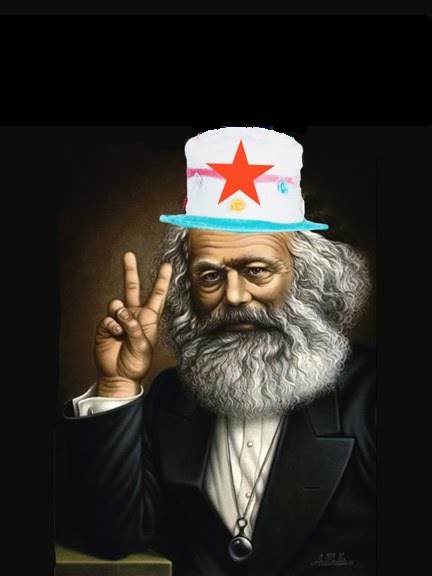
In “Cognitive Capitalism” Yann Boutang tries to show he is a good Marxist fellow, knowing what valorization, surplus value and exploitation means. To understand “cognitive capitalism” he introduces “living labor” that “continues to exist”:
The solution is to split living labor into two, and to assume that — alongside living labor as an expenditure of energy that will be partially consumed and crystallized into new machinery in the following cycle — there is a living labor that continues to exist as a means of production throughout the cycle. In other words, this living labor is not destroyed as an intermediate consumption. It is consumed as bodily energy, certainly, but it also develops as a means of production of living as living labor. It builds itself as a skill, as a know-how resistant to its reduction to pure human capital that can be objectified.
How very strange. I understood that next to labor that went into machines (“dead labor” represented by fixed capital) there always was living labor consumed in the manufacture of goods or services for the consumer, represented by variable capital. So Boutang really proposes a third category: living labor that is not “destroyed” (=consumed) in the goods or services but which continues to be there as a kind of perpetuum mobile “a know-how resistant to its reduction to pure human capital that can be objectified” How very nice! A workforce with built-in resistance!
Now this will not do at all. Either the intellectual activities are counted as labor and thus have to be consumed in the realization of the product, or they are counted as part of the organizational and productive activities of capital itself, in which case they get a share of the surplus value. And of course labor stays alive and kicking after the valorization and sometimes will be more skillful for the next task. I am sorry to say but after wrestling through a lot of muddleheaded throwing around and arguing against a host of other ideas and theories in the usual French off-hand manner I finally lost all interest in Mr. Boutang at this paragraph on page 93.
Of course the enormous rise in importance of intellectual and creative labor and non-labor activities and the resulting intellectual ownership poses huge questions for Marxists, especially for the way labor is valorized. The real problem is that the fruits of intellectual labor, a computer program or a pop-song for instance, in principal can be used forever as if it was a machine that does not wear. Accordingly the amount of value transferred to the individual product is… zero! I will return to this in time.
Some more (critical) reviews:
Cognitive capitalism?
Review by Paula Cerni